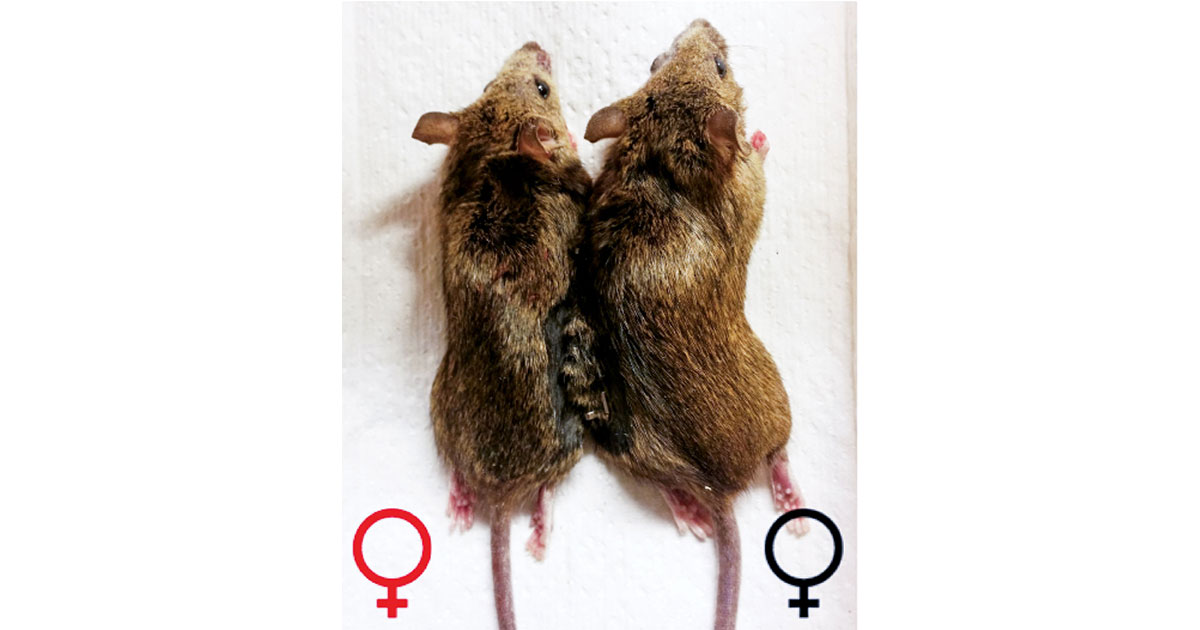Advertisement
Grab your lab coat. Let's get started
Welcome!
Welcome!
Create an account below to get 6 C&EN articles per month, receive newsletters and more - all free.
It seems this is your first time logging in online. Please enter the following information to continue.
As an ACS member you automatically get access to this site. All we need is few more details to create your reading experience.
Not you? Sign in with a different account.
Not you? Sign in with a different account.
ERROR 1
ERROR 1
ERROR 2
ERROR 2
ERROR 2
ERROR 2
ERROR 2
Password and Confirm password must match.
If you have an ACS member number, please enter it here so we can link this account to your membership. (optional)
ERROR 2
ACS values your privacy. By submitting your information, you are gaining access to C&EN and subscribing to our weekly newsletter. We use the information you provide to make your reading experience better, and we will never sell your data to third party members.
Biological Chemistry
Why do mosquitoes seek human blood?
Study identifies two hormones that modulate biting behavior
by Alex Viveros
July 12, 2024

Ozempic for mosquitoes? The idea might sound far off, but scientists are hopeful that one day they can develop hormone-mimicking therapeutics, similar to Ozempic, that subdue the bugs’ appetite for human blood. A study that identified two hormones that regulate mosquito blood lust may have taken a step in that direction (Proc. Natl. Acad. Sci., 2024, DOI: 10.1073/pnas.2408072121).
Spending time outside on a humid summer day is a surefire way to experience a mosquito’s hunger firsthand. To people who are mosquito magnets, it may seem that these flying pests spend their entire lives looking for victims to bite. But they don’t. Female mosquitoes start searching for blood only when they are preparing to reproduce, because the meal is rich in proteins necessary to form eggs.
Scientists had previously identified hormones that suppress mosquitoes’ desire for blood, but little was known about which biological processes triggered their craving. That changed when a team of researchers attacheda beaconlike antibody to a hormone called neuropeptide F and tracked the hormone as its levels waxed and waned in Aedes aegypti mosquitoes. When neuropeptide F levels rose, so did the mosquitoes’ interest in humans.
When the researchers suppressed the gene that produces neuropeptide F, they saw that female mosquitoes were less attracted to a human hand positioned over a filter-covered cup. The team also found that the presence of another hormone, RYamide, snuffed out the mosquitoes’ desire for blood.
Michael Strand, an entomologist at the University of Georgia and the paper’s senior author, says it’s an open question whether the finding could inspire new hormone-mimicking strategies for controlling mosquito populations. The approach adds to a growing list of ideas to tamper with the bugs, which spread devastating infectious diseases such as malaria, Zika virus disease, and yellow fever. Strategies include releasing gene-edited insects in the wild and designing new topical rubs to misguide their sense of smell.
“Things are looking pretty bleak when it comes to mosquitoes,” says Marcus Stensmyr, a neuroscientist at Lund University who studies how the bugs detect their human targets. “We need new strategies because many of the old tools we’ve been using are no longer useful.”




Join the conversation
Contact the reporter
Submit a Letter to the Editor for publication
Engage with us on Twitter